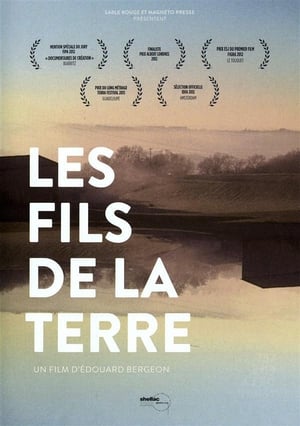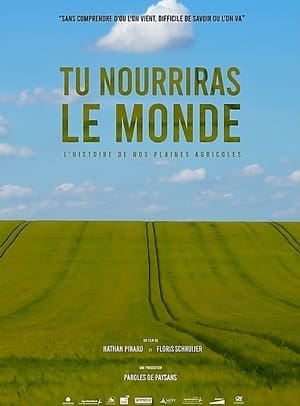
Going against the Grain in Fukushima(2015)
Tenei village is located in Fukushima prefecture's beautiful surrounds. It is 70 kilometers away from the Fukushima Daiichi Nuclear Power Plant. When the Fukushima Nuclear Power Plant failed in March 2011, radioactive particles fell and contaminated the rice fields. But the farmers couldn't just abandon their land as they live on the land and wanted to protect it for future generations. The farmers decided to pursue scientific methods to secure food safety. They were on their own without Government assistance. This film documents their determination and efforts in overcoming an environmental crisis that had never been experienced before.
Movie: Going against the Grain in Fukushima

天に栄える村
HomePage
Overview
Tenei village is located in Fukushima prefecture's beautiful surrounds. It is 70 kilometers away from the Fukushima Daiichi Nuclear Power Plant. When the Fukushima Nuclear Power Plant failed in March 2011, radioactive particles fell and contaminated the rice fields. But the farmers couldn't just abandon their land as they live on the land and wanted to protect it for future generations. The farmers decided to pursue scientific methods to secure food safety. They were on their own without Government assistance. This film documents their determination and efforts in overcoming an environmental crisis that had never been experienced before.
Release Date
2015-06-03
Average
0
Rating:
0.0 startsTagline
Genres
Languages:
日本語Keywords
Similar Movies
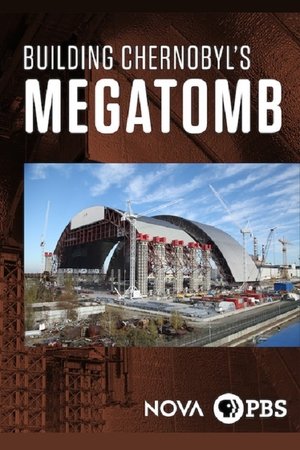 6.5
6.5Inside Chernobyl's Mega Tomb(en)
Documentary which follows the construction of a trailblazing 36,000-tonne steel structure to entomb the ruins of the nuclear power plant destroyed in the 1986 Chernobyl disaster.
The Fields of Immokalee(en)
For decades, migrant workers have worked the fields of Immokalee, harvesting tomatoes, peppers, eggplants, oranges and other produce that is then shipped across the United States of America. Many of the workers are undocumented, and attempting to keep their jobs even as federal migration crackdowns hover over the town. The Fields of Immokalee film follows the daily lives of tomato workers, from the 5:00am trips to the parking lot in hopes of finding day labor, to work sessions in the scorching mid-day heat, to child detention centers for migrant youth that have been separated from their families. Via these vignettes, the film offers insight into the most volatile political issue of our time.
 7.6
7.6Modern Life(fr)
For ten years, Raymond Depardon has followed the lives of farmer living in the mountain ranges. He allows us to enter their farms with astounding naturalness. This moving film speaks, with great serenity, of our roots and of the future of the people who work on the land. This the last part of Depardon's triptych "Profils paysans" about what it is like to be a farmer today in an isolated highland area in France. "La vie moderne" examines what has become of the persons he has followed for ten years, while featuring younger people who try to farm or raise cattle or poultry, come hell or high water.
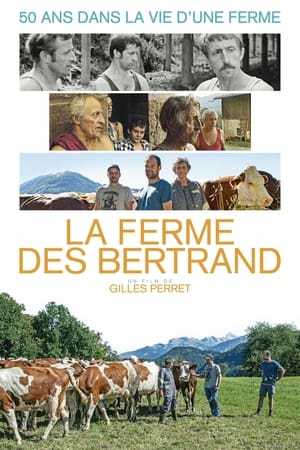 6.6
6.6Bertrand's Farm(fr)
1972 in Haute-Savoie (France) : the Bertrand's farm, with a hundred dairy cows owned by three bachelor brothers, is filmed for the first time. In 1997, they were the subject of Gilles Perret's first movie, as they let their farm to their nephew Patrick and his wife Hélène. Nowadays, 25 years later, Gilles Perret take another look at this farm, managed by Hélène who will step down. Through their words, an intimate, social and economic history of the rural world.
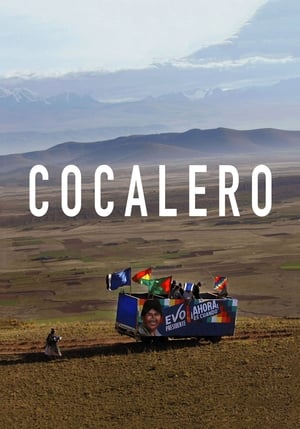 5.0
5.0Cocalero(es)
A documentary centered on the union formed by Bolivian farmers in response to their government's (which was urged by the U.S.) effort eradicate coca crops, and the man who would come to represent them, Evo Morales.
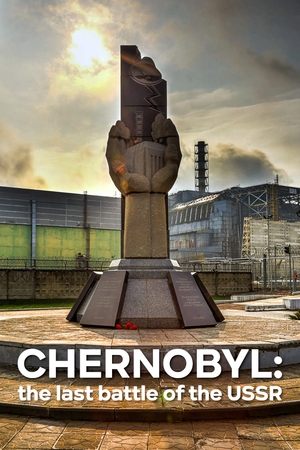 8.5
8.5Chernobyl: The Last Battle of the USSR(fr)
Three decades after the nuclear explosion, almost everything has been said about this ecological and sanitary disaster that made Pripiat a part of History. How did the greatest industrial disaster change the course of History, disrupt global geopolitics and, directly or indirectly, redistribute the balances and power relations of the twentieth century? The world will never be the same again. By retracing the incredible battle waged by the Soviet Union against radiation, this film proposes to retrace and enlighten an extraordinary story, while exploring the historical stakes in the medium and long-term…
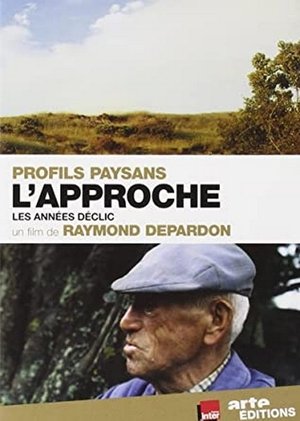 7.5
7.5Profils paysans : l'approche(fr)
The first of a documentary serie about rural France.
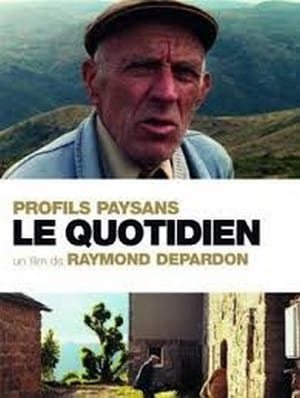 7.2
7.2Profils paysans : le quotidien(fr)
Second documentary of a trilogy produced on the long term (together with Profils paysans: l'approche (2001) and Profils paysans: La vie moderne (2008)), showing the simple lives of farmers in contemporary Southern France.
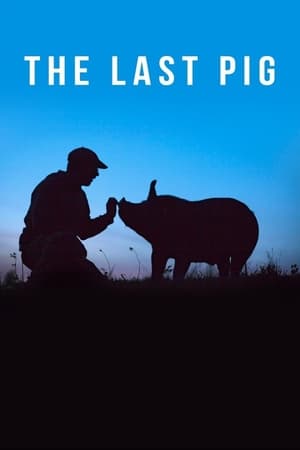 7.2
7.2The Last Pig(en)
An intimate reflection on animal treatment, following ethical pig farmer, Bob Comis, as he contemplates his transition out of raising animals for slaughter.
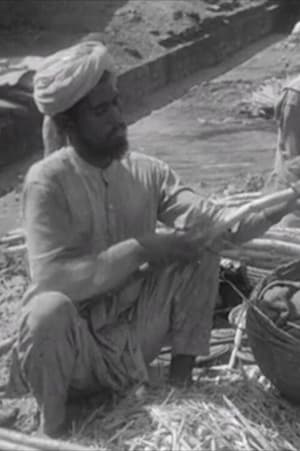 0.0
0.0An Eastern Market(en)
Documentary detailing a farmer’s visit to the market in Rawalpindi.
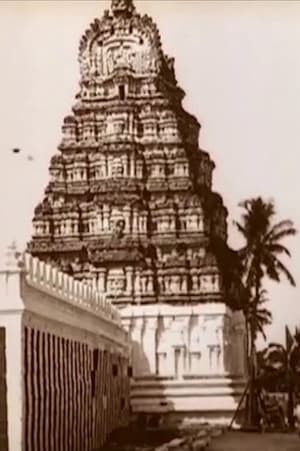 0.0
0.0Edward Prince of Wales' Tour of India: Madras, Bangalore, Mysore and Hyderabad(en)
This official travelogue of a royal tour follows the Prince on a series of regimental displays and a tiger hunt.
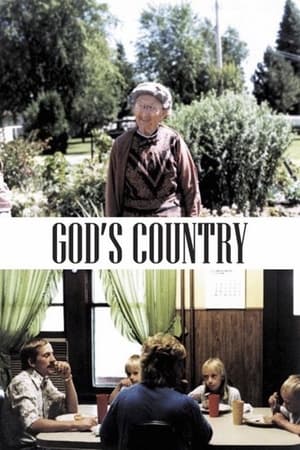 7.3
7.3God's Country(en)
In 1979, Louis Malle films the thriving lives of a Minnesota farming community, but returns six years later to document its drastic economic decline, offering a poignant look at the impact of political changes.
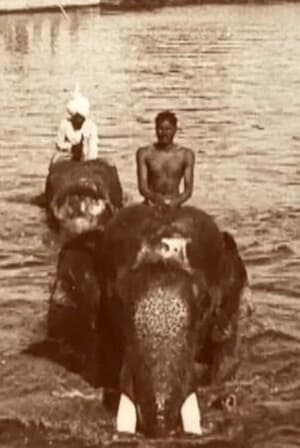 0.0
0.0Edward Prince of Wales' Tour of India: Indore, Bhopal, Gwalior and Delhi(en)
The future Edward VIII enjoys a stately procession and visits the Taj Mahal before meeting senior Indian royalty.
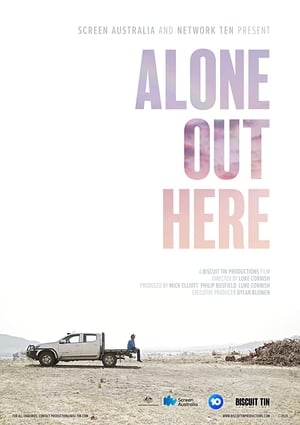 1.0
1.0Alone Out Here(en)
In a moment of catastrophic climate change, Jon Wright, a gay farmer, is faced with a dilemma. His 22-year commitment to transform the genetics of his herd are pitted against the attitudes of the beef industry, who hold the future of his families 4th generation farm in their hands.Through his incredible journey of loss and survival, we learn what it takes to be true to yourself, at any cost.
Het is een schone dag geweest(nl)
Documentary about the last four seasons on the farm run by the director's parents. The film starts on 1 January 1992, at 6 am and ends in a misty landscape at the end of that year. Het is een schone dag geweest (It's been a beautiful day) shows the end of a farm venture for which no successor has been found, but also the disappearance of a traditional way of life. Modern agriculture is ruled by new regulations, largely made in Brussels. Lonely work on a noisy machine replaces hard but communal work on the land. In a disciplined style, the film shows the disappearance of a traditional lifestyle in part of Holland. Het is een schone dag geweest was ïn 2007 admitted to the "Canon van de Nederlandse Film", a list of the most important Dutch films. (filmcommission.nl)
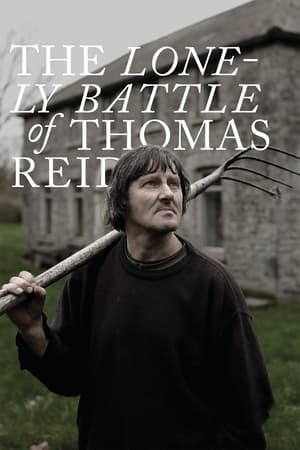 8.6
8.6The Lonely Battle of Thomas Reid(en)
The story of Irish farmer Thomas Reid who, for years, has been locked in a grueling battle with his neighbor - U.S. microchip manufacturer Intel who want to expand into Reid’s land.
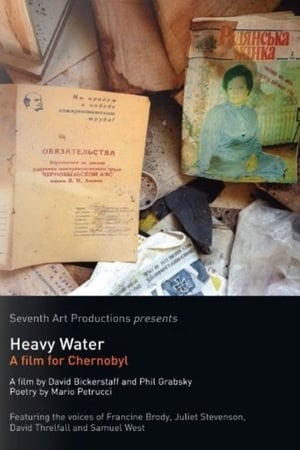 6.0
6.0Heavy Water: A Film for Chernobyl(en)
On April 26th, 1986, reactor four at Chernobyl nuclear power station explodes, sending an enormous radioactive cloud over Northern Ukraine and neighbouring Belarus. The danger is kept a secret from the rest of the world and the nearby population who go about their business as usual. May Day celebrations begin, children play and the residents of Pripyat marvel at the spectacular fire raging at the reactor. After three days, an area the size of England becomes contaminated with radioactive dust, creating a 'zone' of poisoned land. Based on Mario Petrucci's award-winning book-length poem (split over two books), 'Heavy Water: a film for Chernobyl', and the shorter version 'Half Life: a Journey to Chernobyl", tells the story of the people who dealt with the disaster at ground-level: the fire-fighters, soldiers, 'liquidators', and their families.
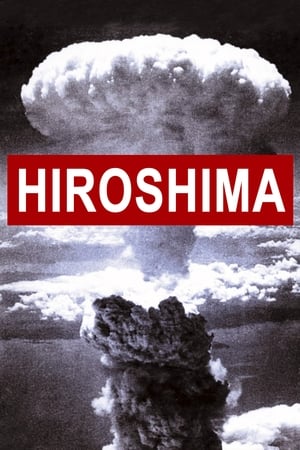 7.1
7.1Hiroshima(en)
The documentary recounts the world's first nuclear attack and examines the alarming repercussions. Covering a three-week period from the Trinity test to the atomic bombing of Hiroshima, the program chronicles America's political gamble and the planning for the momentous event. Archival film, dramatizations, and special effects feature what occurred aboard the Enola Gay (the aircraft that dropped the bomb) and inside the exploding bomb.

